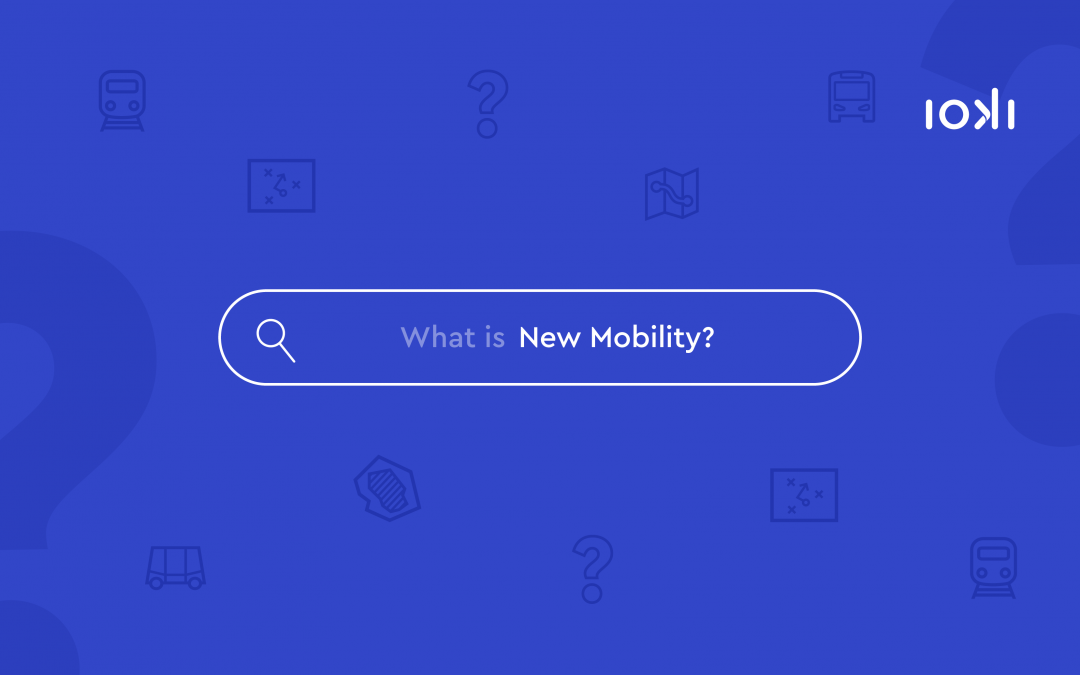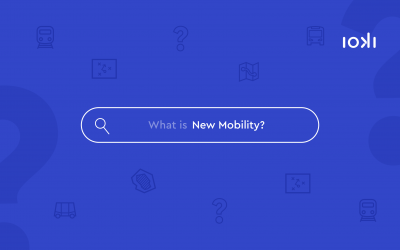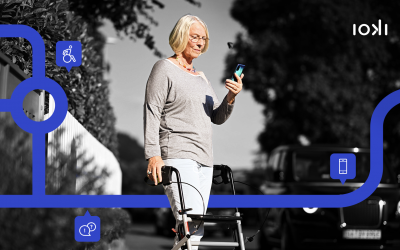Digital, efficient and customer-centric
Mobility as a Service offers are leading to a new understanding of mobility. Silos are being broken down and mobility offerings are being thought of holistically from the user’s point of view. Modular software enables access to different mobility offerings via a digital platform. This means that the route from start to destination is always tailored to the customer and all options for getting from a to b such as classic public transport, on-demand shuttles, micro mobility and other means of transportation are taken into account. The entire booking process is bundled in one application: From planning to booking to payment.
Intermodal travel without inconvenience
The biggest advantage of the Mobility as a Service application is obvious: access to mobility becomes easier. MaaS platforms prevent intermodal trips from always involving a nerve-racking search marathon. The sustainability aspect also plays a crucial role. Strengthened public transport can encourage people to leave their own cars behind and use alternative solutions – both in the city and in the countryside. The dynamics of the software make it possible to constantly add further mobility services to the existing product portfolio.
ioki as pioneer
ioki also shows pioneering spirit in the area of Mobility as a Service. At the beginning of 2021, DB subsidiaries Mobimeo and ioki cooperated for the first time in the further development of the KVV.mobil app. Here, ioki enables the deep integration of an on-demand service into a MaaS platform through its specially developed API interface. By linking public transport, the on-demand shuttle service Myshuttle and other sharing services such as TIER, VOI and Nextbike, people in Karlsruhe are offered a sustainable alternative to private cars. “By offering to upgrade apps with this API, we are opening up our ioki platform to all transport providers with deeply integrated mobility-as-a-service solutions. We can now also display our on-demand bookings within comprehensive mobility-as-a-service apps, thus offering even greater value to users“, says Dr. Michael Barillère-Scholz, CEO of ioki.



